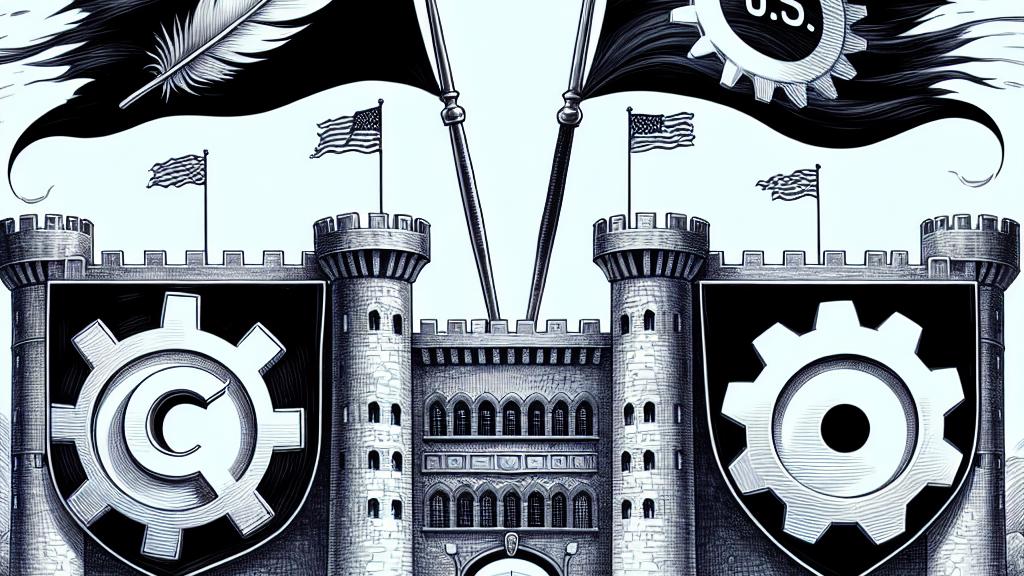Understanding the WordPress Legal Battle Between Automattic and WP Engine
Overview
- A groundbreaking class action lawsuit unfolds, pitting Automattic against WP Engine over WordPress access.
- Automattic faces serious accusations of anti-competitive behavior, threatening its reputation.
- The outcome could redefine the landscape of open-source platforms and user access worldwide.

The Genesis of the Conflict
In the dynamic realm of U.S. technology, a significant clash is brewing between Automattic, the mastermind behind WordPress, and WP Engine, a major web hosting service. This conflict ignited when Automattic's CEO, Matt Mullenweg, accused WP Engine of unscrupulously profiting from WordPress without due contribution. Following these allegations, Automattic made a bold move by blocking WP Engine’s access to critical WordPress services, an action that many are deeming an aggressive strike against competition. This dispute morphed into a serious class action lawsuit brought by WP Engine’s customers, who argue that Automattic’s actions have not only caused chaos but also heightened security risks and inflicted significant financial harm—effects that reverberate across the entire WordPress ecosystem.
Examining the Charges Against Automattic
At the core of this controversy are weighty allegations that Automattic is misusing its dominance in the WordPress environment. WP Engine claims that Automattic has imposed unreasonable trademark fees while simultaneously restricting essential access, effectively monopolizing the platform. Ryan Keller, the spokesperson for the affected clients, readily asserts that this behavior contradicts the open-source ethos that has empowered countless developers. Many believe that their investments in WordPress, built upon a foundation of free and fair access, are now under siege. By blocking WP Engine, Automattic is not just jeopardizing a competitor; they risk destabilizing the collaborative principles that transformed WordPress into a preferred choice for creating websites, claiming a staggering stake of nearly 40% of all sites on the internet.
Implications Beyond the Courtroom
The implications of this suit stretch well beyond a courtroom drama; they plunge right to the heart of what open-source software represents. Should Automattic come out on top, the consequences might set a dangerous precedent for how open-source software is governed in the future. Keller argues convincingly that a ruling in favor of Automattic could embolden similar conduct from other corporations, ultimately eroding the core values of accessibility and freedom that many developers and users cherish. Notably, this potential class action could encompass hundreds of thousands of WP Engine customers—an extraordinary number whose lives and businesses depend on effective and reliable access to WordPress. It is crucial to recognize that this battle is not merely about two companies; it represents a pivotal moment that could redefine the dynamics of user rights, developer accountability, and, fundamentally, the future of open-source software as we know it.

Loading...